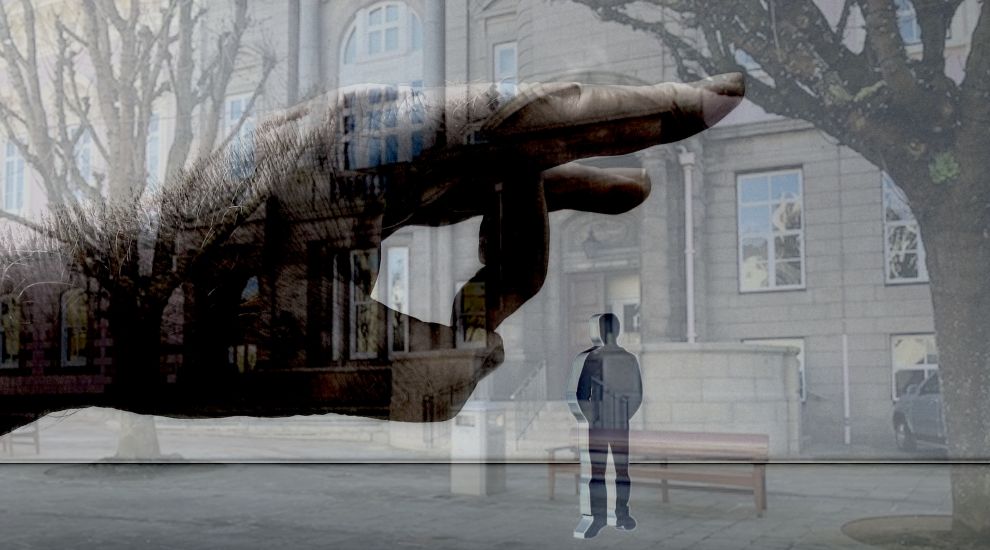


Parish Constables will now have to leave their position immediately if ordered to do so by the Royal Court, and not remain in post until a successor has been appointed, after politicians approved a change to the law.
The Comité des Connétables brought forward the amendment to the Constables Law, following a high-profile case in which the former Constable of St. John, Chris Taylor, was convicted of dangerous driving before being deemed “not fit for office”.
It came after Taylor was found to have repeatedly driven into the legs of a cycle race marshal at slow speed in June 2019 following a Magistrate’s Court trial last year, for which he was fined £4,000 and given a driving ban.
It also emerged that he had used more than £7,400 in parish money to pay for his legal fees to fight the case - funds which he later repaid.
In a judgment handed down by Commissioner Sir William Bailhache, sitting with Jurats Blampied, Ramsden and Ronge, Taylor was directed to resign on 15 March 2021 because his “level of criminality” was deemed inconsistent with his oath to keep the “Queen’s peace”.
However, he was able to remain in post until Andy Jehan, who was elected unopposed, took his oath before the Royal Court.

Pictured: The legal change was prompted by Chris Taylor's dangerous driving conviction while he was serving the Parish of St. John.
The Comité, chaired by the Constable of St. Lawrence, concluded it wasn’t appropriate for a Constable who has been required to resign by the Court to remain in office and that their resignation should take immediate effect instead.
In the case of a Constable appealling the Court’s decision, they would leave their office once the appeal has either been dismissed or abandoned.
In addition, the Comité proposed to change the provisions for the resignation of a Connétable in any other circumstances.
The Comité said that when a Connétable gives written notice to the Bailiff of his or her wish to retire, for example on health grounds, it should take effect once the Royal Court has received notification of it, at which point it will also order an election to fill the position.
In both cases, a Constable would not be deprived of earned income.
Meanwhile, a Procureur du Bien Public would be able to fulfil the functions of the Constable until the outcome of the election as currently planned under the law.
The proposals were adopted with 44 votes pour and one against.
Comments
Comments on this story express the views of the commentator only, not Bailiwick Publishing. We are unable to guarantee the accuracy of any of those comments.